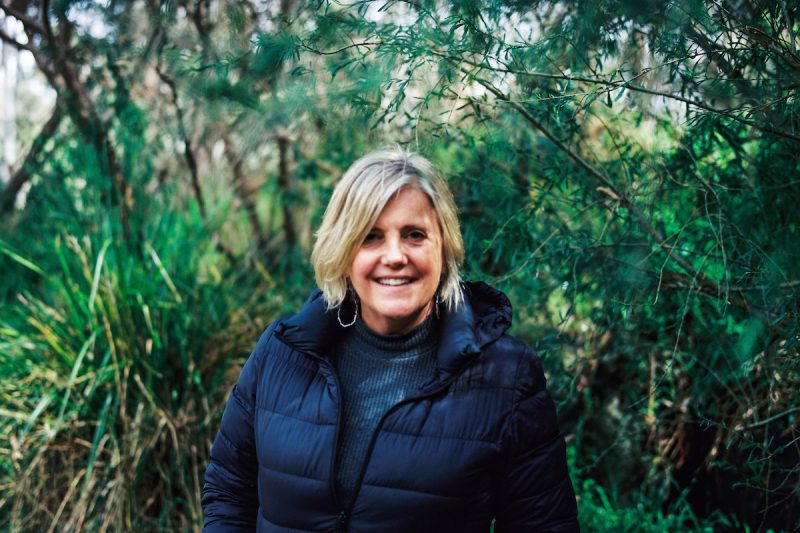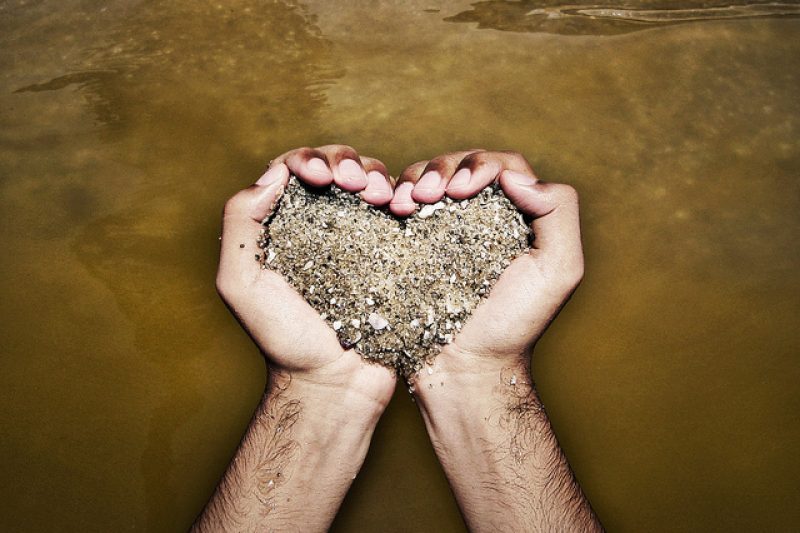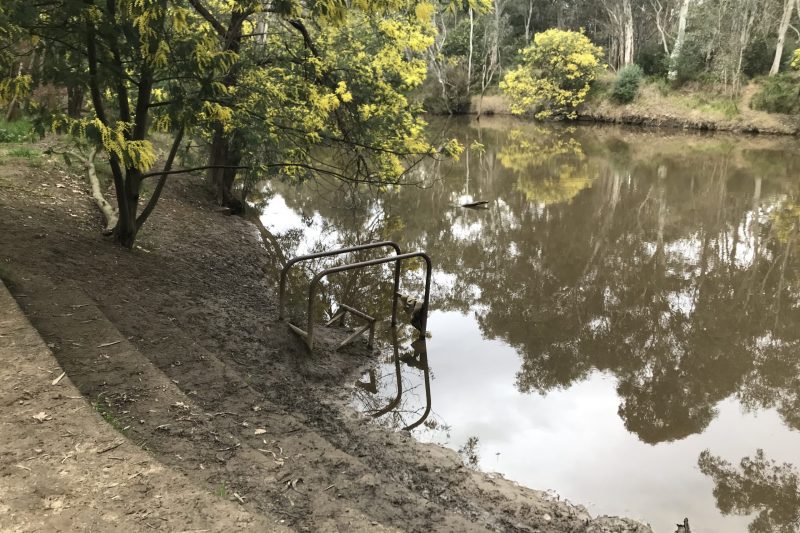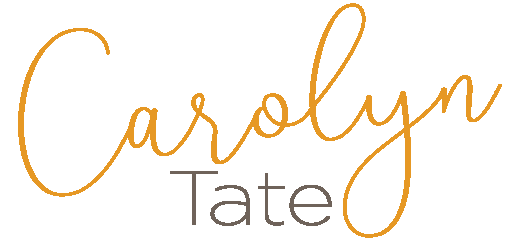One of the highlights of this weird year has been having the space and time for learning new things instead of actually doing the teaching.
I’m entering the final week of an 8-week pilot course being cohosted by the New Economy Network Australia (NENA) and the Yunus Centre at Griffith University on Building a Wellbeing Economy. (I highly recommended it if you’re interested in new-systems thinking.)
If ever there was a good year to study and consider the possibilities of building an alternative economy, 2020 has surely been it.
A ‘Wellbeing Economy’ is defined as “one that distributes wealth and prioritises health and wellbeing, while stewarding the earth’s resources for present and future generations. It’s an economy in service to people and the planet.”
We’ve been learning about different schools of economic thought from Indigenous Economics to Doughnut Economics and Community Economies. We’ve covered subjects as vast as Decolonisation, Universal Basic Income, Co-operatives & Commons and Earth Jurisdiction to alternatives for Justice, Housing, Energy and Food Systems and much more.
It’s been akin to working our way through a 20-course degustation menu. We’ve had a taste-test of all the very best ideologies, academic-thinking and potential systems that could make up the foundation of a new economy that prioritises health and wellbeing over wealth. My appetite has been temporarily satiated, but I already know I will be hungry for more in 2021.
Buckminster Fuller said “You never change things by fighting the existing reality. To change something, build a new model that makes the existing model obsolete.” It’s a quote that has often sprang to mind throughout this course. For me, it’s not a question of why we need new systems and models. I’m already convinced of that. It’s about the question of what new models I might influence and build and how I might practically apply them to my work and life?
There’s only 14 days before I commit to last week’s blog to give up questioning and thinking for the holiday season, so I have time to reflect on the lessons learnt and submit the end-of-course examination essay. The essay has to answer that last seemingly unanswerable question. What change will I make? What will I commit to? What action will I take?
One thing I know, is that I can’t really answer this question yet. I need time for it all to gestate and sink in, to feel it not just think about it for the learning to be embedded. I’m pretty sure the holidays will help me arrive at some answers without any questions. I somehow feel I’ll just know it in my gut and then that will become the basis on which I act.
What have you been learning this year? And what are you doing over the holidays to embed this learning without thinking too much? I’d love to know.
Thank you for joining me and reading my stories each week. I don’t take your support for granted and I hope you glean a little pearl of wisdom from my musings. If you know of anyone that might need to read my words, please suggest they subscribe.
As a thank you for following me, I’m offering The Purpose Project Course for just $97 (RRP $297) today. Use the coupon code ‘Purpose2020’. It’s the perfect time to reflect on your purpose at the end of 2020 and as we head into 2021.
As always, if I can be of service reach out. I’m here. I care.
With love

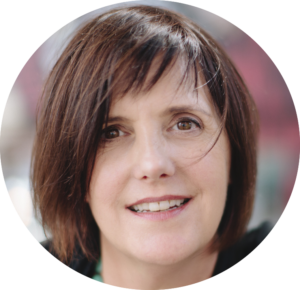
About me: I’m a Purpose Educator and author of The Purpose Project. I help leaders attract and retain the best people by harnessing the power of deep purpose and storytelling. I do this through keynote speaking, a customised consultative process for co-creating a new purpose statement, the purpose storytelling course and The Purpose Project Course, a 7-step online course to help employees bring their own why to work.

